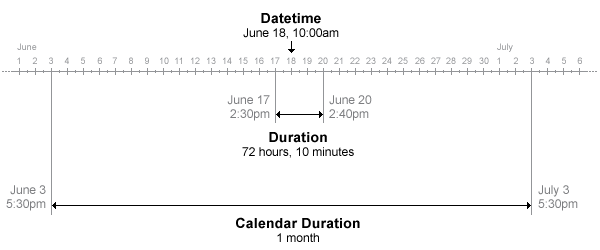

The intent of this is that I will have to extract and calculate statistics on data associated with each time based on different time criteria, and I figured it would be easier if the dates were handled as numbers. Before converting, you need to account for this difference in reference from one format to another. You can read about how different systems handle dates here. The origin of time for the 'POSIXct' class in R is, ‘ 00:00.00 UTC’. Is there perhaps a better way to go about this? It is important that I retain the millisecond precision when it is present. The trick is Matlab uses 'January 01, 0000', a fictional reference date, to calculate its date number. My work around this is as follows: for i=1:length(dates),ĭates(i)=datenum(temp,'yyyy-mm-dd HH:MM:SS.FFF')


The data is originally read from a data file, and the strings currently exist as cell arrays. There is no regular pattern as to where these strings without milliseconds occur. MATLAB also uses serial time to represent fractions of days beginning at midnight. Financial Toolbox works internally with serial date numbers (such as, 730377). In MATLAB ® software, serial date number 1 is January 1,0000 A.D. The problem is that not all the strings have the millisecond precision. Serial date numbers represent a calendar date as the number of days that have passed since a fixed base date. The issue is that not every date string is the same format. I have a very long vector of date strings (1000000+) in Matlab that I want to convert to a serial number format.


 0 kommentar(er)
0 kommentar(er)
